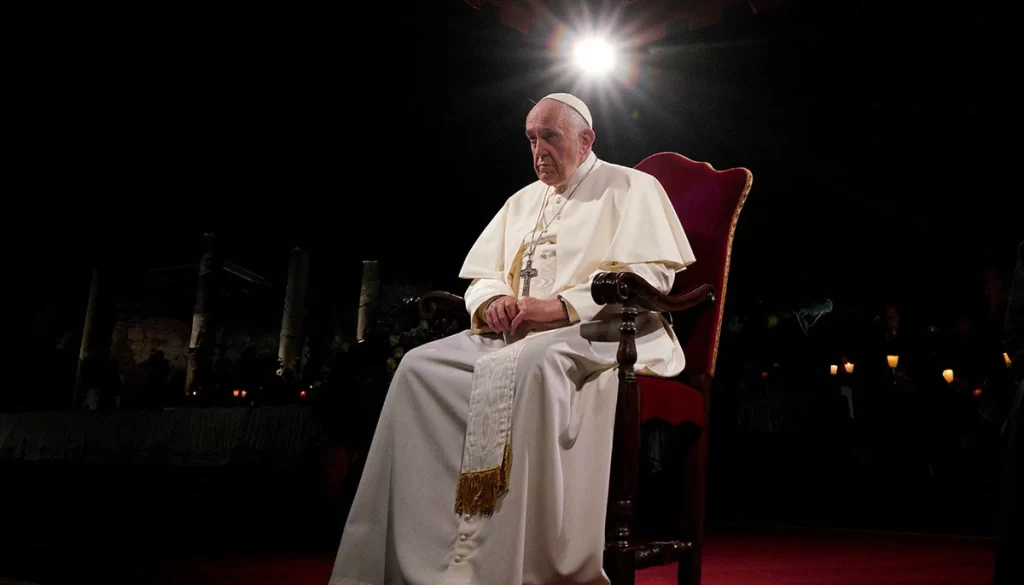Pope Francis, the first Latin American leader of the Roman Catholic Church, has passed away at the age of 88, marking the end of a rather transformative, if sometimes turbulent, reign. His death follows his election as Pope on March 13, 2013. It occurs shortly after his discharge on March 23rd from a 38-day hospital stay.
As tributes pour in from world leaders, we reflect on some key moments from his life:
— Jorge Mario Bergoglio was born on December 17, 1936, in Buenos Aires, Argentina, to Italian immigrant parents. He was ordained a priest in the Jesuit order in 1969. From 1973-79, he served as the order’s top leader in Argentina. He later became an auxiliary bishop of Buenos Aires in 1992 and the city’s archbishop in 1998. Pope John Paul II elevated him to cardinal in 2001.
— In a move that surprised many within the Roman Catholic Church, Bergoglio was elected pope at a conclave in March 2013, following the resignation of Pope Benedict. He chose the name Francis in honour of Saint Francis of Assisi, underscoring a commitment to poverty, peace, and environmental stewardship.
— He made history as the first non-European pope in 1,300 years, the first from Latin America, and the first Jesuit to hold the position. Jesuits are renowned for their dedication to education and social justice, including their work with the poor and marginalized.
— He broke with many traditional papal customs, opting to reside in a modern Vatican guest house rather than the opulent papal apartments in the Apostolic Palace. He simplified the papal wardrobe, wore a plastic watch, and preferred to be driven in a modest family car.
— His informal style and progressive views soon led to clashes with conservatives. They resisted his calls for the Church to be more welcoming to LGBT individuals and divorced Catholics, as well as his measures to restrict the use of the traditional Latin Mass.
— Francis undertook 47 trips outside of Italy, visiting over 65 states and territories, covering more than 465,000 km (289,000 miles). Notably, he never returned to his native Argentina.
— He initiated reforms within the Vatican, emphasizing transparency, accountability, and financial reform. He also appointed more women to senior roles within its hierarchy. However, he was also perceived by some as an unpredictable leader, often surprising Vatican officials with his impromptu remarks. Despite numerous efforts, he faced significant challenges in addressing the Church’s crisis regarding the sexual abuse of minors by clergy.
Please remember that this is a rephrasing based on the information provided and the hypothetical scenario of Pope Francis’s passing on Monday, April 21, 2025. In reality, as of today, he is alive.



